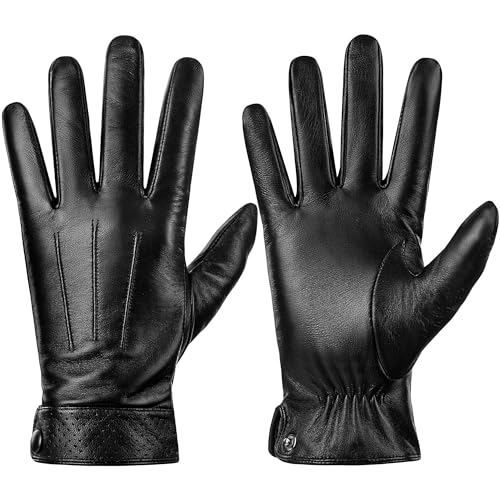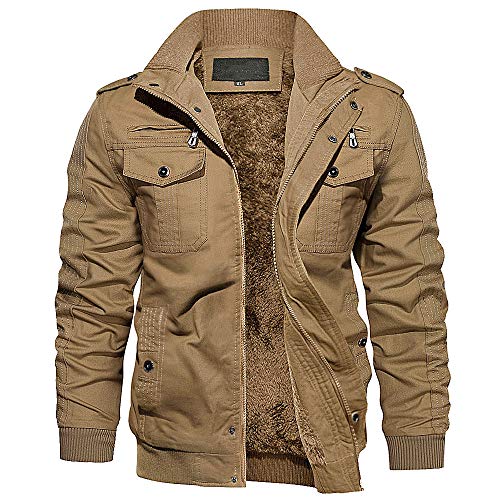Spud
Well-known member
I've wondered this before (ear plugs and no music in the middle of nowhere sends my mind all over....)
So, if I go 90 mph into a 25 mph headwind for 150 miles until I'm about out of gas, on a straight flat road, averaging 30 mpg, did I just take more rubber off the rear tire than if I went 60 mph with the wind at my back for the same distance, averaging 45mpg or more on the same straight flat road?
I would think it's the case--the rear tire is 'pushing' more than rolling. (?)
Another scenario--no wind at all. 100mph vs 55 mph. You are pushing a lot more air at high speed, so more drag = more rubber scrubbed off for the same distance (?)
So, if I go 90 mph into a 25 mph headwind for 150 miles until I'm about out of gas, on a straight flat road, averaging 30 mpg, did I just take more rubber off the rear tire than if I went 60 mph with the wind at my back for the same distance, averaging 45mpg or more on the same straight flat road?
I would think it's the case--the rear tire is 'pushing' more than rolling. (?)
Another scenario--no wind at all. 100mph vs 55 mph. You are pushing a lot more air at high speed, so more drag = more rubber scrubbed off for the same distance (?)






























































